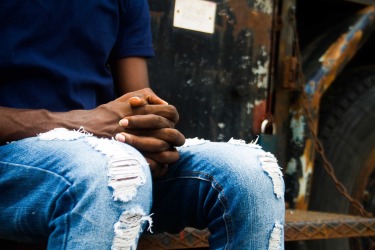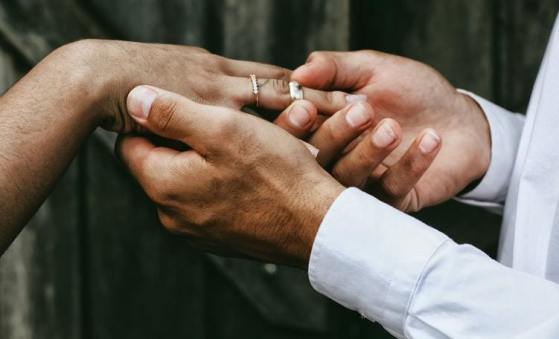
Late on Friday evening, Islamist militants launched a brutal assault in Yelewata, located in Nigeria’s Benue State, where internally displaced Christian families were taking refuge. According to Aid to the Church in Need, the attackers moved through buildings converted into temporary shelters near the market square, shouting “Allahu Akhbar” and setting fire to doors before opening fire at those inside.
Some 500 people were asleep in these makeshift accommodations when the attackers, reportedly radicalised Fulani herdsmen, struck. Machete blows and gunfire were used on anyone attempting to escape the flames. Earlier that evening, police had thwarted an attempt to storm St Joseph’s Church, where up to 700 displaced persons were staying.
Father Ukuma Jonathan Angbianbee, the local parish priest, was among those who narrowly escaped death. He and others dropped to the ground as shots rang out. He later described a horrifying scene: “What I saw was truly gruesome. People were slaughtered. Corpses were scattered everywhere.”
Initial reports from Amnesty International Nigeria stated at least 100 deaths and numerous injuries, with many victims lacking medical attention and dozens reported missing. However, deeper investigation by the Diocese of Makurdi’s Foundation for Justice, Development and Peace now places the death toll at closer to 200, making this the worst atrocity in the region to date.
This massacre is part of a disturbing surge in violence across Nigeria’s central Middle Belt region, where Fulani militants have been accused of attempts to displace Christian communities—often by force—with growing frequency. In related incidents less than four weeks earlier, nearly 100 people were killed and 5,000 displaced in Makurdi’s Gwer West area alone.
Religious and human rights leaders have called the wave of violence genocide-like. Pope Francis addressed the tragedy directly during his Sunday Angelus address, offering prayers for “rural Christian communities of Benue State who have been relentless victims of violence.”
Aid organisations are urging the Nigerian government and international bodies to recognise rising religious persecution, especially Christians in internally displaced persons camps. Some observers claim there is a deliberate strategy to drive Christian farming communities out of the Middle Belt.
Between November 2022 and November 2024, nearly 10,000 Christians were killed in Nigeria—primarily by Islamist extremist groups including Boko Haram, ISWAP, and Fulani militias—according to Global Christian Relief. Persecution watchdog Open Doors reports that Nigeria ranks among the worst countries for Christian persecution, with thousands more displaced and countless churches destroyed.
As survivors flee to nearby towns and villages, humanitarian organisations continue to raise their voices. They demand immediate action to halt the violence, protect vulnerable communities, and hold perpetrators to account. The world watches—and prays—that this bloodshed ends.




